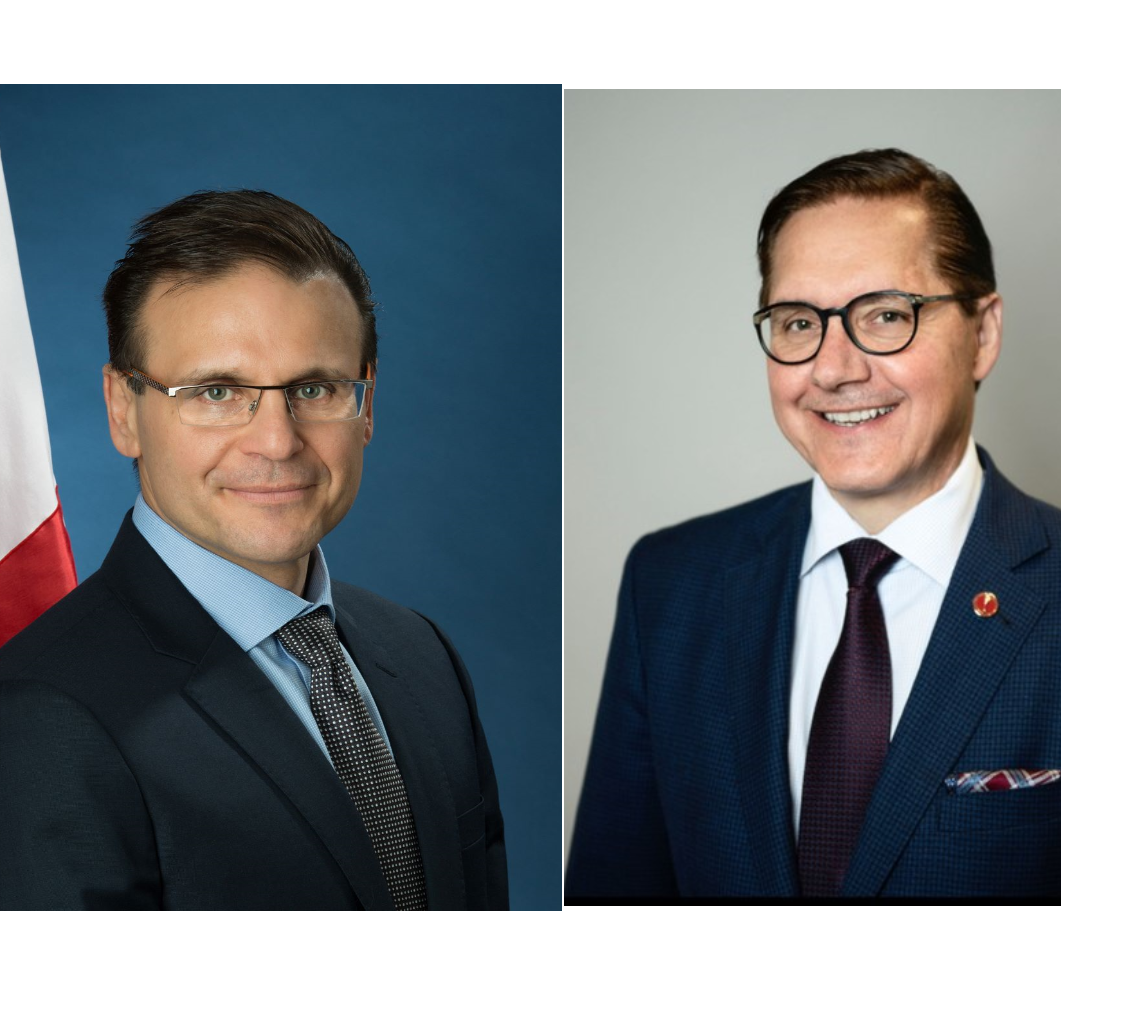Economic policy courses
A new coordinated and contemporary approach by the Department of Economics
Overview
The Department of Economics offers its economic policy courses as fully coordinated sections.
- ECON 318 (Canadian Economic Policy and Institutions)
- ECON 319 (International Economic Policy and Institutions)
The delivery and evaluation methods have been updated to address societal challenges and align with Concordia’s strategic goals. Unlike other BA Economics courses, these policy courses focus on applying theory to real-world issues rather than abstract technical training.
Learning objectives
- To present current and ongoing issues and/or debates in economic policy debates.
- Issues like Climate Change and Increasing Income Inequality will remain key policy concerns for years, while many past, locally focused debates have faded in relevance.
- To understand that economic policy choices of the future are the ones which you, as citizens, will need to analyze. These policy courses have two major themes: economic growth and environmental sustainability.
- To debate the merits of the different policy alternatives as presented by experts
- To understand the sources and drivers of economic growth
- To establish links between economic theory and the current economic situation
- To critically analyse current societal challenges using the tools of economics
Unique features
The Department of Economics' policy courses offer three distinctive features that set them apart and enrich the student's learning experience.
Policy writing component
In Canada, civil servants write briefing notes (BNs) outlining policy pros and cons for ministers. These are debated in government, then publicly challenged by the opposition. To mirror this, students in economic policy courses will learn to craft concise, effective BNs on complex issues.
Classroom discussion and debates
Want to win a debate? Strong evidence is essential, but not enough. Engaging in deep classroom discussions builds public speaking confidence, sharpens audience awareness, and fosters openness to differing views.
- What policy changes should Canada undertake to significantly offset population aging?
- Does Canada require more pipelines?
- Should Canada relying heavily on immigration for its continued economic growth?
- What effects does increased immigration have on the natural environment (i.e. the ecological footprint)?
- Why do so many people think that the Canadian Pension Plan (CPP) is on shaky ground? The second question: are they wrong?
- Has trade liberalization promoted development around the world?
- Should countries always specialize only in the production of goods & services in which they have a comparative advantage?
- Should the U.S. government subsidize high technology industries? Should Canada subsidize Bombardier?
- Compared to rich-country standards, environmental standards in low- and middle-income countries are lax. Should we oppose free trade for this reason?
- Economist Jeffrey Sachs and geographer Jared Diamond argue that tropical climates are more prone to infectious diseases such as malaria and dengue fever, which result in poverty. Do you agree?
- Do Donald Trump and Brexit represent the end of trade agreements?
Special guest speakers
Each semester, at least one expert from government, academia, business, or the Bank of Canada may speak to Canada’s energy policy, Canada's taxation policy, the manner in which budget estimates are compiled by Finance Canada, Canada's participation in world institutions or the role of international institutions such as the International Monetary Fund (IMF) play in economic development.

Friday, February 6, 11:00 a.m.
Armchair conversation with Senator Leo Housakos and Senator Tony Loffreda
Watch the recording
- Visit to the Senate with Senators Leo Housakos and Tony Loffreda (January 27, 2025)
- Diego Mesa Puyo guest lecture on the "Energy Transition from a Fiscal Angle: Current Challenges, Policies and Political Economy" (November 18, 2024)
- Henry Mooney guest lecture on "Sovereign Debt Issuance and Restructuring in Developing Countries" (March 6, 2024)
- An armchair conversation with Senators Leo Housakos and Tony Loffreda (February 5, 2024)
- François-Philippe Dubé guest lecture on "Financing for Development, Innovative Finance, and Pathways out of Poverty" (October 30, 2023)
- An armchair discussion with Senator Tony Loffreda (January 30, 2023)
Resources for the Economic Policy courses
This curated list of resources, compiled by the Economic Policy Course Coordinator, offers students access to leading Canadian policy institutions, think tanks and research organizations, providing deeper insight into current economic policy debates and perspectives.
- The Hill Times Online
- Atlantic Institute for Market Studies
- Broadbent Institute
- C.D. Howe Institute
- Caledon Institute of Social Policy
- Canada West Foundation
- Canadian Centre for Policy Alternatives
- Canadian Energy Research Institute
- Canadian Institute for Advanced Research
- Canadian International Council
- Canadian Tax Foundation
- Centre for Foreign Policy Studies
- Centre for Trade Policy and Law
- Conference Board of Canada
- EvidenceNetwork.ca
- Fraser Institute
- Frontier Centre for Public Policy
- Institute for Research on Public Policy
- Institute on Governance
- International Development Research Centre
- International Institute for Sustainable Development
- Macdonald-Laurier Institute
- Parliamentary Centre
- Pembina Institute
- Public Policy Forum

